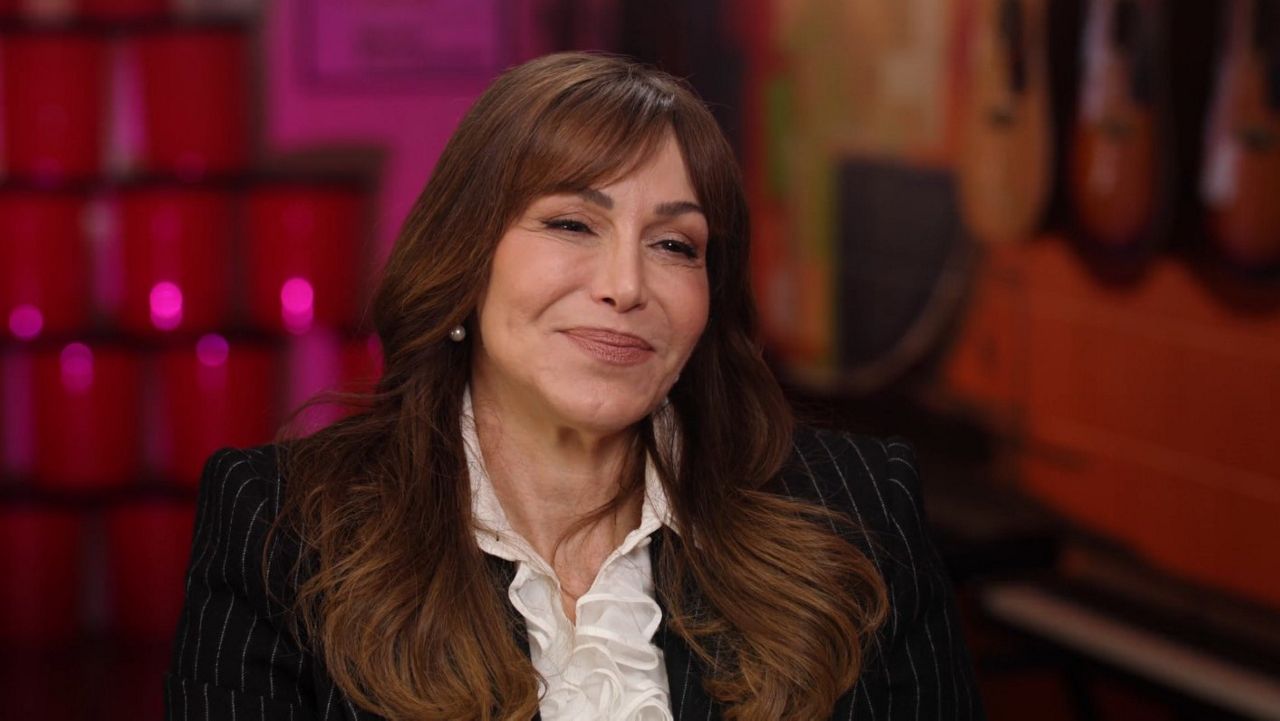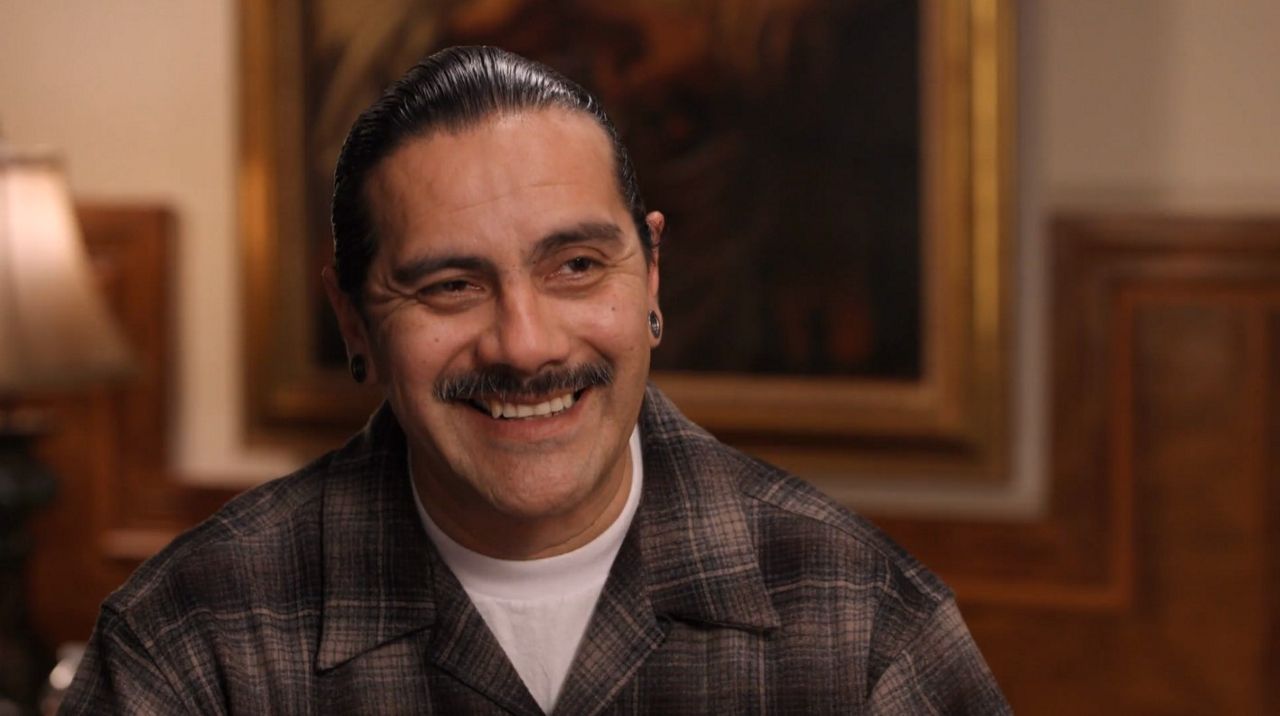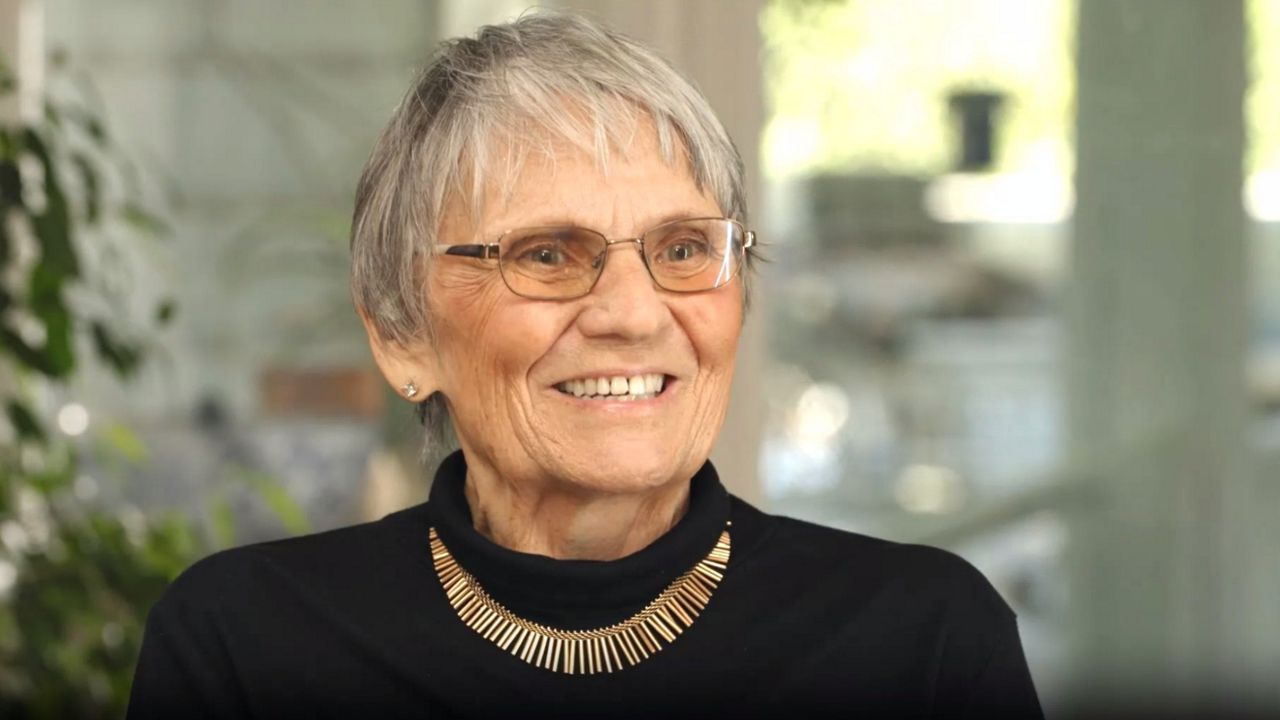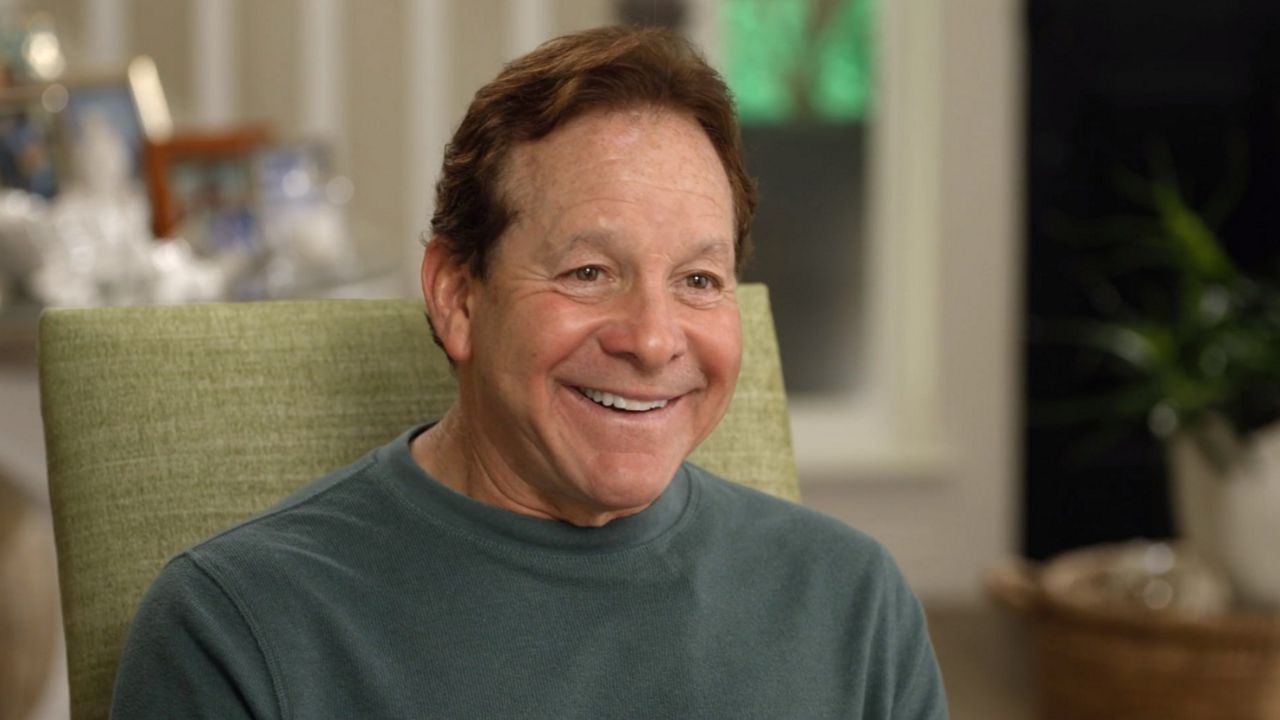With a career spanning over three decades, Kay Buck has dedicated herself to combating human trafficking and providing support to survivors. As the CEO of the Coalition to Abolish Slavery and Trafficking, she is leading the fight against modern-day slavery. Buck’s passion is fueled by the trauma she experienced as a young girl growing up in Canada.
In the latest episode of “LA Stories with Giselle Fernandez,” Buck revealed she experienced sexual violence as a child, something that gives her unique understanding when working with survivors.
Having also lost her older sister in a drunk driving accident, Buck is determined to turn her pain into purpose with her advocacy for survivors of human trafficking.
“I went on that journey from victim to survivor,” she said. “What I’ve learned along my journey is that everyone just wants to be treated as the human being they are, and not to have any judgment cast on them.”
Buck pointed out that a lot of re-education needs to happen around human trafficking, and said the news misrepresents it, often highlighting cases of sex trafficking instead of labor trafficking. She said some may be surprised to learn that Los Angeles is a hub for human trafficking and that it is happening in every community in California.
Buck shared the story of Tzighe, a woman from Africa who was promised payment to work as a nanny in an affluent neighborhood of LA but instead found herself held captive, abused and unpaid. After escaping, a good Samaritan connected her with CAST, where today she serves as a mentor to other survivors of abuse and trafficking.
“It’s why we started the Survivor Network,” Buck said. “Survivors supporting survivors and then finding a way to work with CAST as a partner to impact systemic change or public policy.”
Buck is working with her team at CAST to fight for the systemic change that she said needs to happen when dealing with human trafficking. They’re working with law enforcement and other agencies in order to make sure they have a better understanding of how to deal with victims of human trafficking.
Buck believes the framework needs to shift from a criminal lens to more of a human rights or public health lens, something she thinks will happen with time. She also hopes the community will join her in fighting for more funding that is needed in order to support crime victims.
“The community has an incredible role to play to help us pass laws and policies that are really going to end human trafficking in our communities,” she said. “We have to do better... As a community, we can do better.”











